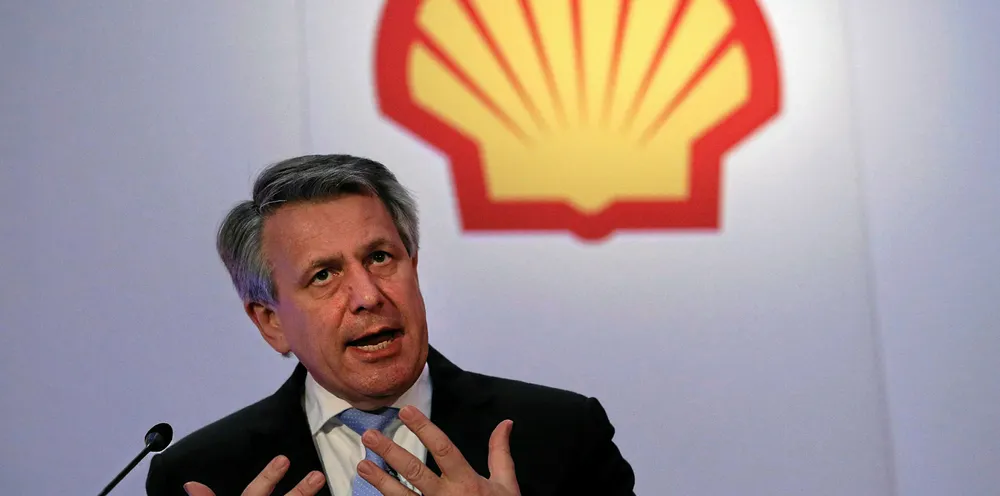'Welcome ambition' or greenwash? Shell sets 2050 net-zero goal
Supermajor says current business strategy and budgets will change to reflect new focus but investors and activists give mixed reaction

Supermajor says current business strategy and budgets will change to reflect new focus but investors and activists give mixed reaction
